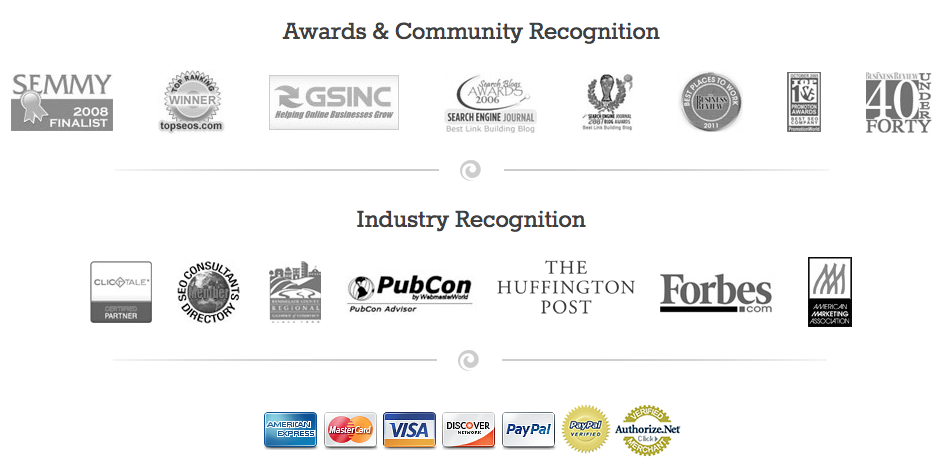Keywords are a foundational part of Internet marketing, but some of us may have lost sight of their purpose. Knowing why keywords matter will help you utilize them more effectively in your Internet marketing strategies.
What Are Keywords?
Keywords are single words or phrases that are incorporated into text and information in a subtle, natural manner. If keywords are used correctly, they should flow with the sentence and paragraph structure so as to be unnoticeable. If readers are consistently tripped up by keywords, they are probably used too heavily or in unnatural ways.
What Keywords Are Not
Keywords are not meant to be stuffed into content at a high rate or to be misleading about article or page content. Hiding keywords through the use of colored fonts to make them invisible is also a no-no.
Google takes keyword misuse very seriously. As the spiders look for quality content, they note instances of keyword abuse and can penalize a page for doing this.
Why Do SEOs Use Keyword Phrases?
Keywords ultimately help researchers understand how users in their market describe their products and seek information. This allows them to use those words to describe page content to both human users and to Google.
Keyword research benefits marketing in two ways. First, it improves the Search Engine Results Page or SERP rank. This is the information that Google uses to rank your website among others that are like it. Exact matches garner a higher search engine ranking than near matches.
Second, understanding how your users are searching for information about a topic helps you to better understand their needs. This information can be used to create content that better serves the customer.
What Are Long-Tail Keywords?
Long-tail keywords are strings of three to five words that are targeted for a particular group. Searchers often use long-tail keyword phrases when they want to limit the number of hits they get from Google. For example, a searcher might look for “gluten-free cranberry bread recipes” as opposed to “cranberry bread” to eliminate all non-gluten-free options.
The more specific your long-tail keywords are in your meta title, description and copy, the more likely it is that these users will find your page. However, if you make your long-tail keywords too discrete, you may lose customers who are looking for related themes.
Ideally, you should use several strings of long-tail keywords to hone in on various markets. This requires keyword research to see exactly which terms people are using when they are searching for particular products through Google and other search engines.
The Final Analysis
Ultimately, keywords are just words, but they are words that have a particular power to induce others to find your webpage. Observe the rules regarding keyword misuse, do your research on your target market, and you will find that keywords boost your SERP rank as well as drive more qualified customers to your site and ultimately give you a higher conversion rate.

